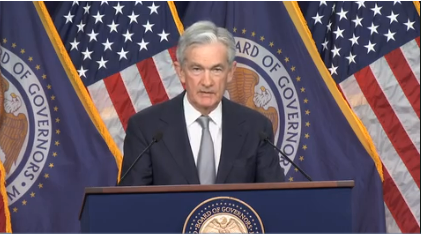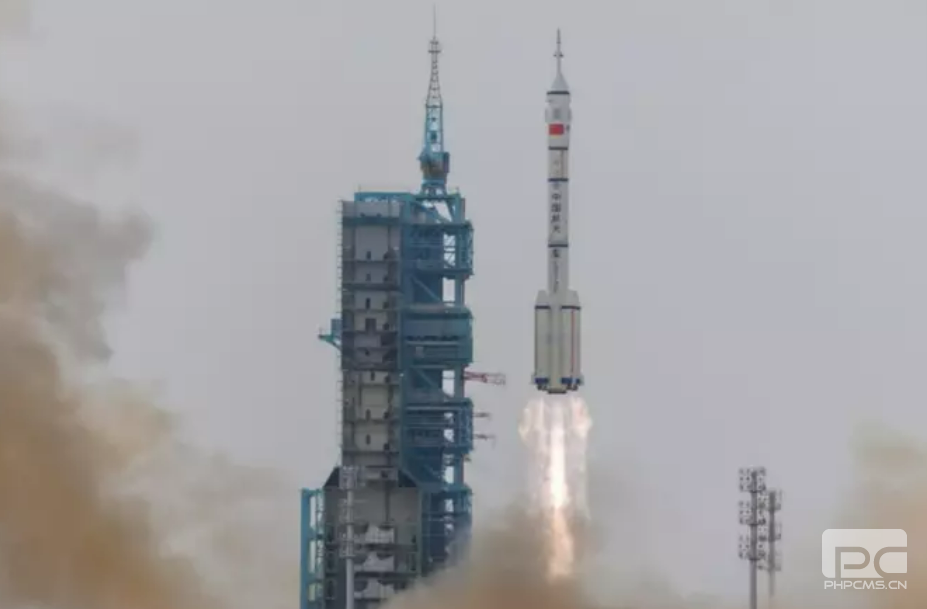Asian markets faced a significant downturn as renewed fears over U.S. Federal Reserve policies and disappointing earnings reports from major tech players sent shockwaves across the region.

Investors braced themselves as hawkish signals on U.S. interest rates, articulated by Federal Reserve Chair Jerome Powell, resonated globally. This prompted a decline in regional stocks, mirroring the negative sentiment from Wall Street. Powell's warning about potential interest rate hikes added to concerns, leading to a flat opening for U.S. stock futures in Asian trade.
The technology sector bore the brunt of the downturn, with Hong Kong's Hang Seng index leading losses with a 1.6% slide. China's semiconductor giant, SMIC, witnessed an 80% slump in third-quarter profits, triggering a domino effect across chipmaking stocks globally. The impact extended to South Korea's KOSPI, Japan's Nikkei 225, and Taiwan's TSMC.

Adding to the tech woes, SoftBank Group Corp. and its chip designing unit Arm Holdings reported unexpected losses, further emphasizing the sluggish demand for chips. The surge in Treasury yields, fueled by hawkish comments from Fed officials, exacerbated the decline in broader tech stocks.
Meanwhile, concerns about China's economic health persisted after a series of disappointing economic readings, including disinflation, trade balance decline, and overall sluggish growth. These factors contributed to a 0.9% and 0.7% fall in China's Shanghai Shenzhen CSI 300 and Shanghai Composite index, respectively.
In conclusion, the convergence of Fed fears, weak tech earnings, and concerns about China's economic outlook cast a shadow over Asian markets, creating a challenging landscape for investors.




Copyright © 2023.Yooke studio All rights reserved.
PKWEEKLY NEWS













